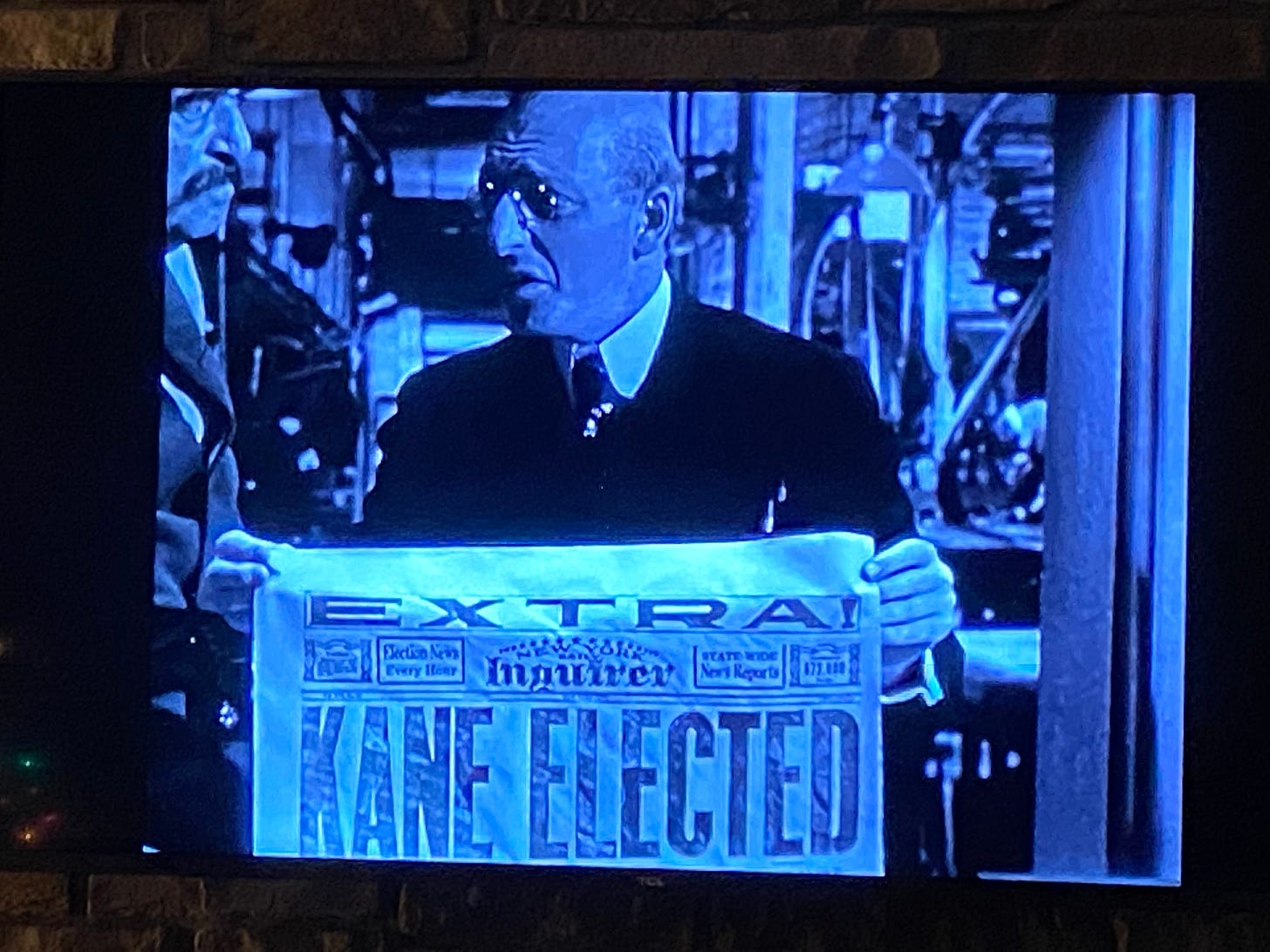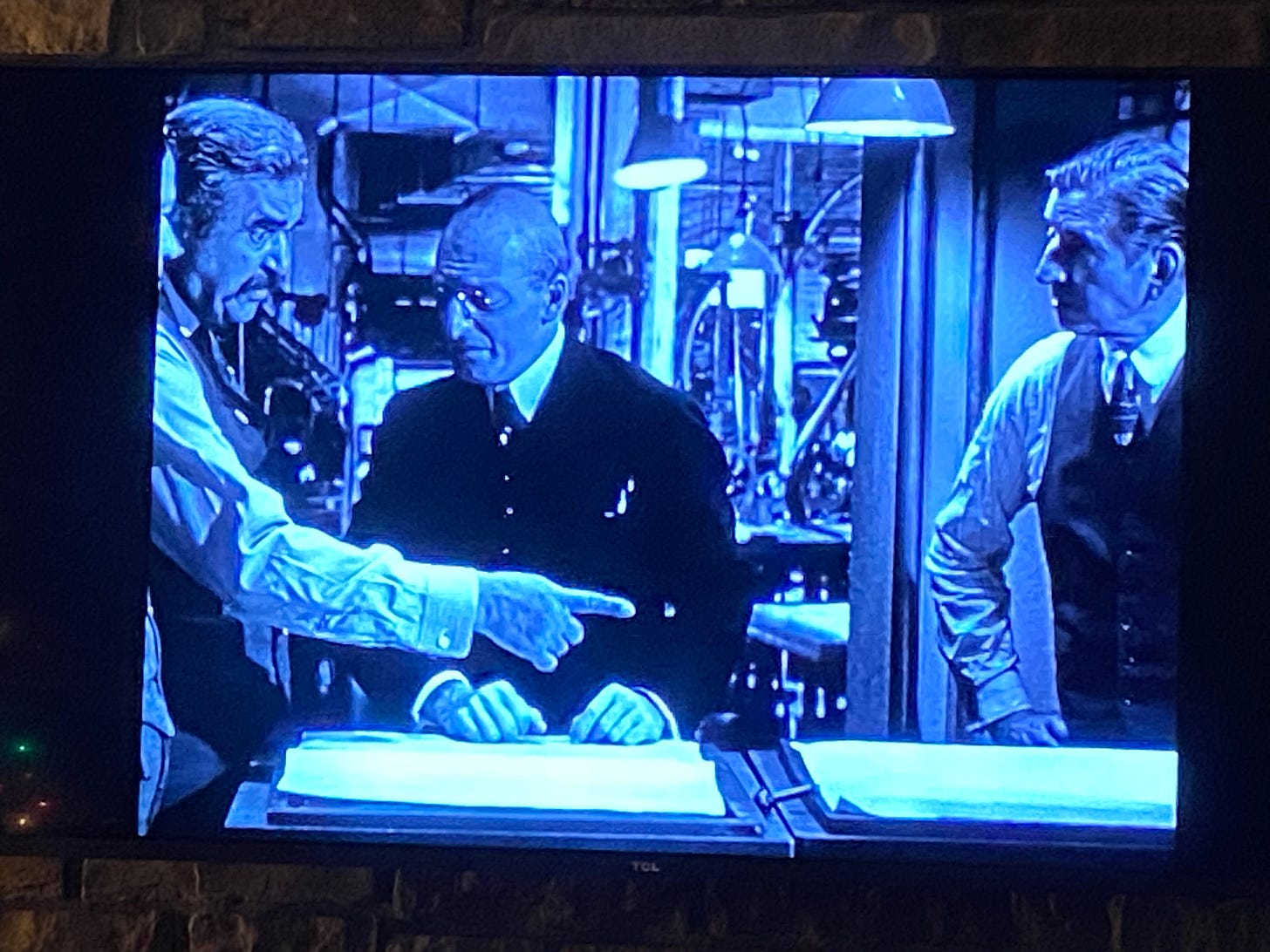What Elon Musk gains from hosting DeSantis
The owner of Twitter finally gets some value for his money.
In hosting the announcement of a presidential candidate on Twitter, Elon Musk is finally getting something that seems worth his money.
Musk planned a Twitter Spaces event in which he would question Ron DeSantis. The Florida governor was widely expected to announce his presidential campaign, building on his record as a culture warrior in Florida—charting his own course in the pandemic, dictating partisan redistricting maps, limiting discussions of race and gender in schools, attacking Disney, and staging a takeover of a liberal arts college, whose new administrators brought in a graduation speaker who spent time extolling the triumphs of the Trump administration.
DeSantis’ choice of forum associates him with Musk, one of the world’s richest people, who paid $44 billion for Twitter.
Until now, it’s been hard to see what could have been worth the price.
Musk himself tried to get out of the purchase before Twitter’s old board sued and held him to it. Analysts cast doubt on whether Twitter could earn enough for Musk to make his interest payments, even after he fired most of the staff and tried new ways to charge Twitter users. And it was fair to ask if the owner of Tesla and SpaceX didn’t have better ways to spend his time or burnish his reputation.
It’s true that Musk has raised his profile, but much of the media already covered his pronouncements. It’s true that Musk has been able to troll people and spread conspiracy theories on Twitter, but he was able to do that previously for free. He’s had more power to suspend or silence critics, but many still speak out.
He went into the enterprise proclaiming the cause of free speech, but adopted a selective version of it that avoids conflicts with autocrats abroad. During Turkey’s recent election, Musk cooperated with censoring views the government disliked, and justified it by saying that at least other views were still on Twitter, a standard that could apply anywhere, including China. Incidentally, as his critics have noted, Musk is silent about freedom in China itself, which is the home of a Tesla factory.
In creating a forum for DeSantis, Musk gets something more than all that: a chance to show his political importance. It’s not clear that he’s formally endorsing DeSantis—he has also spoken well of another candidate, Tim Scott—but he makes himself a larger presence in the 2024 presidential race.
To a historian, Musk brings to mind William Randolph Hearst, the heir to a mining fortune who plunged his money into newspapers. From the 1880’s until his death in 1951, Hearst invested millions—first in San Francisco, then New York, and eventually across the country. His sheets were loud, attention-grabbing, innovative, and often at odds with reality. Among other things, his New York Journal famously pushed the United States toward its 1898 war with Spain.
Hearst sought political office himself, using his newspapers as a political base. His bid for governor of New York was later dramatized in the movie Citizen Kane. In the film, the newspaper owned by the millionaire Charles Foster Kane prepares two headlines for Election Night—one announcing his victory, and the other proclaiming a conspiracy theory to excuse his defeat.
In real life, Hearst won elections to Congress, but his higher ambitions were frustrated. He lost his governor’s race, among others. He never did make the public love him. But he did make the public listen.
Is Musk operating on the scale of Hearst? Not at the moment. Hearst created an innovative and long-lasting media empire that influenced many elections, sent correspondents around the world, and even informed the public from time to time. Musk, so far, has changed who has a blue checkmark on Twitter and also has retweeted Catturd. But he is investing in a way that brings Hearst to mind.
Is political relevance enough for Elon Musk, at the price of $44 billion? That’s for him to decide. But it’s something, and he is not the first wealthy person to make the bargain.
Thanks for reading Differ We Must, where I explore our modern-day divisions. It’s named after my forthcoming biography of Lincoln, due out Oct. 3, which you can preorder now. If you’re planning to buy anyway, a preorder helps the book!
If you’re interested in what you read here, I hope you’ll sign up for a free or paid subscription; you’ll get my thoughts by email. Feel free to comment, too, especially if you differ.







Wonder how the Musk calculation is looking now that his event with DeSantis has crashed and burned.
I do not differ, but this was an interesting essay. Thank you! (I'm positive Trump has never seen Citizen Kane, but someone on his team may have.)